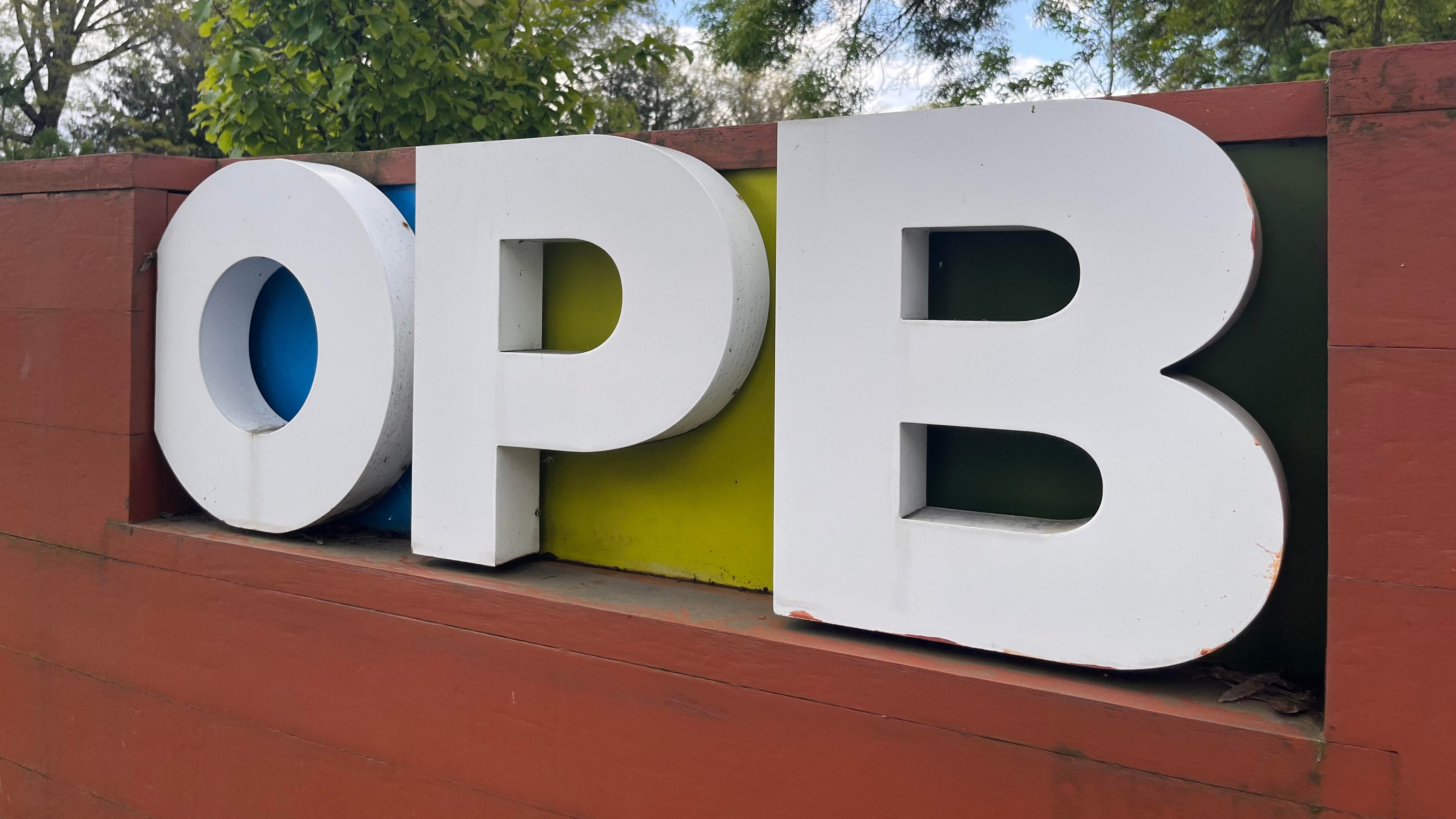These are difficult times for Oregon Public Broadcasting as it faces challenges from within and without.
The Trump Administration is threatening to slash funding for the Corporation for Public Broadcasting, creating uncertainty for its affiliate stations, like OPB, which receives about 9% of its funding from the federal government. The station’s workforce unionized in early 2024, giving OPB’s employees a bigger say in company decisions.
OPB also has a new CEO and president for the first time in nearly two decades. Rachel Smolkin, a former CNN executive, replaced longtime CEO Steve Bass last September. Smolkin’s hands-on approach to OPB’s daily reporting operations has caused some friction with staff, highlighted by an incident in early April that brought some hard feelings to light.
At an early April all-staff meeting, a senior OPB editor inadvertently screen-shared a Slack channel conversation in which three top OPB editors exchanged candid—and unflattering—views about Smolkin. The three editors remain employed; however, the incident has caused internal discomfort across the organization, according to four individuals close to the station who spoke to WW on condition of anonymity.
In Oregon journalism, OPB is an economic heavyweight. It operates 20 radio stations across the state and a handful of television stations and employs just under 300 people. The nonprofit’s tax return shows that it brought in $56 million in revenue last year. Those revenues exceeded expenses by nearly $13 million, leaving the organization with net assets of $137 million at year’s end.
Last summer, OPB’s board of directors hired Smolkin, who previously worked in Washington, D.C. as senior vice president for global news at CNN Digital and in senior positions at Politico and USA Today. Several sources told WW that that she’s been a more hands-on boss than Bass, a change not everybody has welcomed.
Four people familiar with the Slack screen-sharing incident described it to WW on the condition that they would not be identified for fear of retaliation.
During a virtual staff meeting with all employees in April, Ryan Haas, a managing news editor, shared the contents of his computer screen.
A chat group on the Slack messaging application labeled “snark” popped up. The chat group included only three people: Haas, an 11-year OPB veteran who is managing editor for news; Van Wing, a 10-year veteran who is the executive producer of public affairs show Think Out Loud and an executive editor; and their boss, Anna Griffin, who joined OPB nine years ago after spending a dozen years as a reporter, editor and columnist at The Oregonian.
Some of the messages between the editors contained sarcastic comments about Smolkin. People familiar with the incident characterized the comments as harmless “complaints” and “snarky” remarks. For a brief moment, the entire organization was made privy to three top editors talking critically about their new boss.
As a mark of how seriously Smolkin took the matter, OPB’s board of directors was briefed on the incident, according to one source.
Staffers say the incident places Smolkin in a difficult position. Three senior editors appear to have undercut her authority, as she deals with a variety of other challenges and changes both internal and external to the newsroom, like the March retirement of a 30-year OPB veteran news director, Morgan Holm.
Smolkin did not respond to either a call or email from WW with detailed questions. An OPB spokesperson also declined to comment.
Van Wing and Griffin did not respond to requests for comment; Haas declined to comment.

